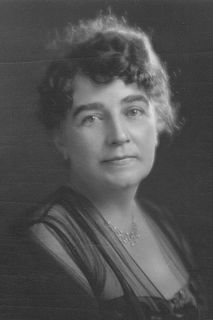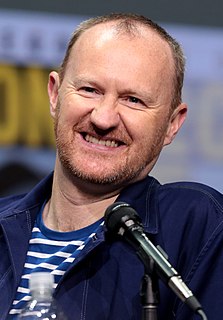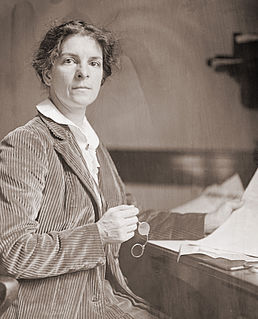A Quote by Claire Tomalin
The whole world knows Dickens, his London and his characters.
Quote Topics
Related Quotes
Dickens's final book, 'The Mystery of Edwin Drood,' forms the jumping-off point for my new novel, 'The Last Dickens'. This last work by Dickens has very little social commentary and a pretty tightly efficient storyline and cast of characters. Not necessarily what we think of when we think what characterizes Dickens.


































